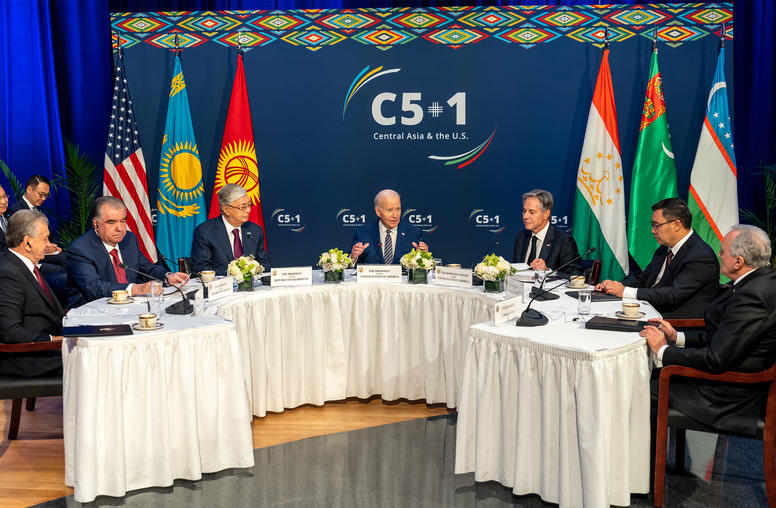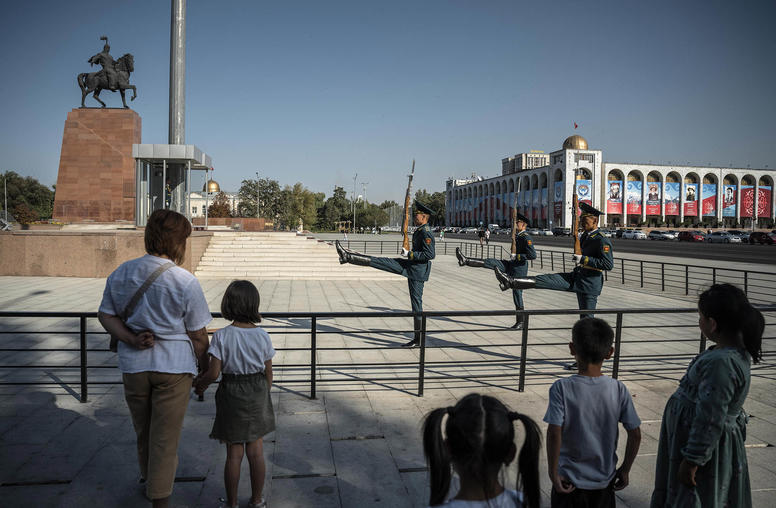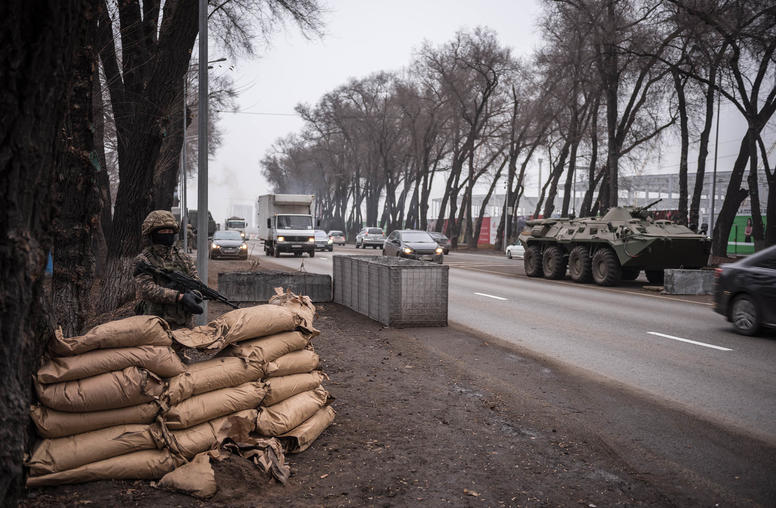Ted Feifer and Nina Sughrue led this program for businesswomen in Central Asia held in Bukhara, Uzbekistan, March 4-6, 2008. This was the seventh workshop we have held in Central Asia since 2002, and our fifth partnership with the Businesswomen’s Association of Uzbekistan (BWA).
Ted Feifer and Nina Sughrue led this program for businesswomen in Central Asia held in Bukhara, Uzbekistan, March 4-6, 2008. This was the seventh workshop we have held in Central Asia since 2002, and our fifth partnership with the Businesswomen’s Association of Uzbekistan (BWA).

At BWA’s request, we developed a workshop to assist Central Asian women in developing and strengthening skills to overcome challenges facing them in business. The 23 women participating in this workshop came from Uzbekistan (including the autonomous area of Karakalpakstan), Kazakhstan, Tajikistan and Kyrgyzstan. These businesswomen came from the retail, professional, medical, banking and other business sectors. The program was conducted in English, with interpretation and translation of materials into Russian.

The workshop included modules on communicating more effectively, personal styles used in conflicts, negotiation in business, a two-person negotiation exercise, practical problem solving, and networking. Participants were enthusiastic and responsive to the material, and overwhelmingly described the workshop as very useful in their evaluations.



